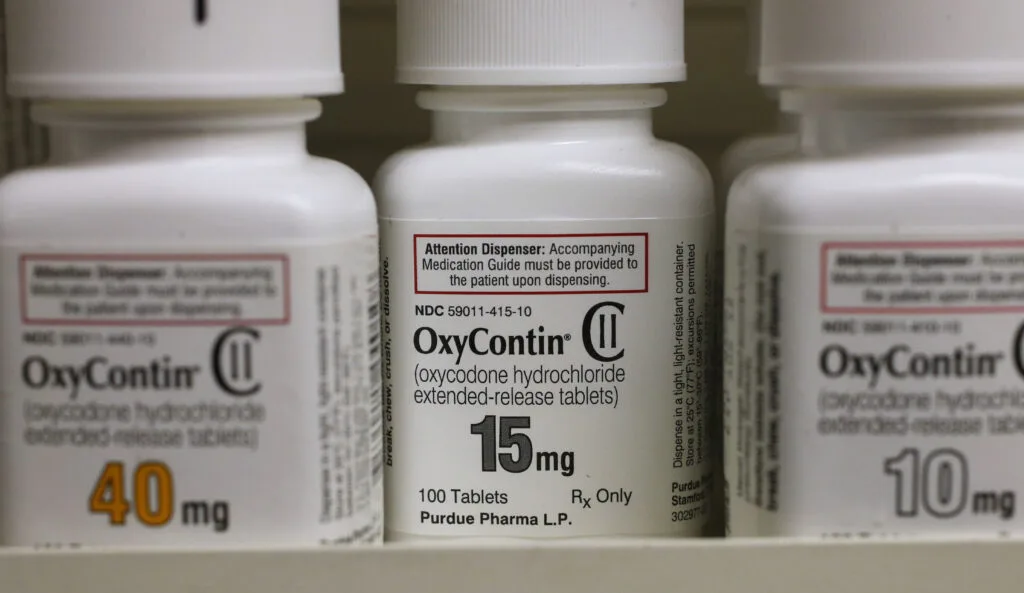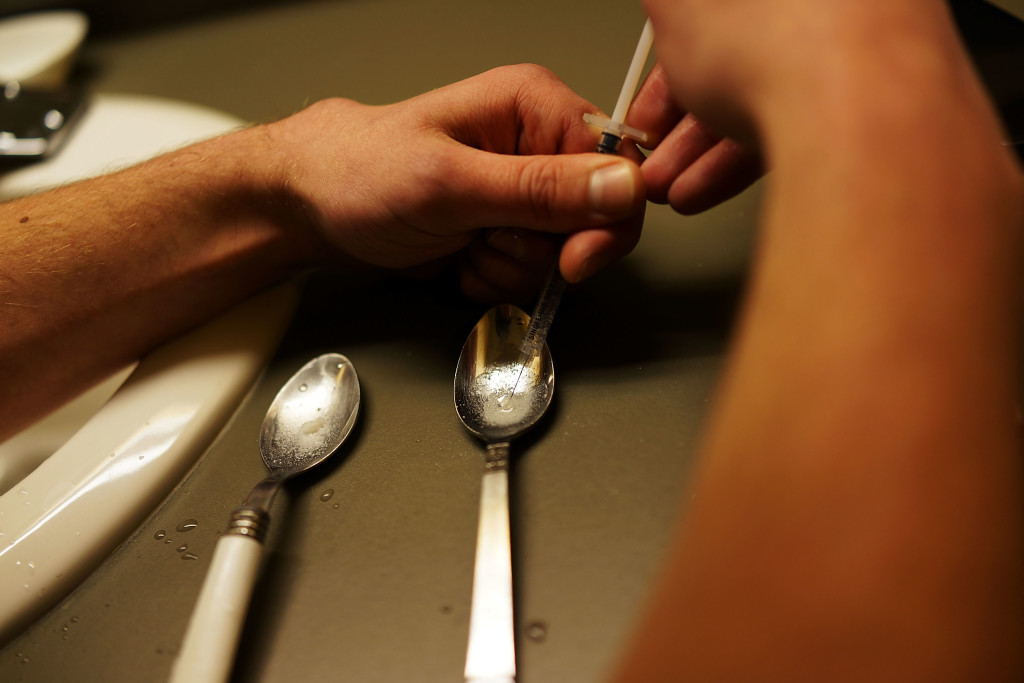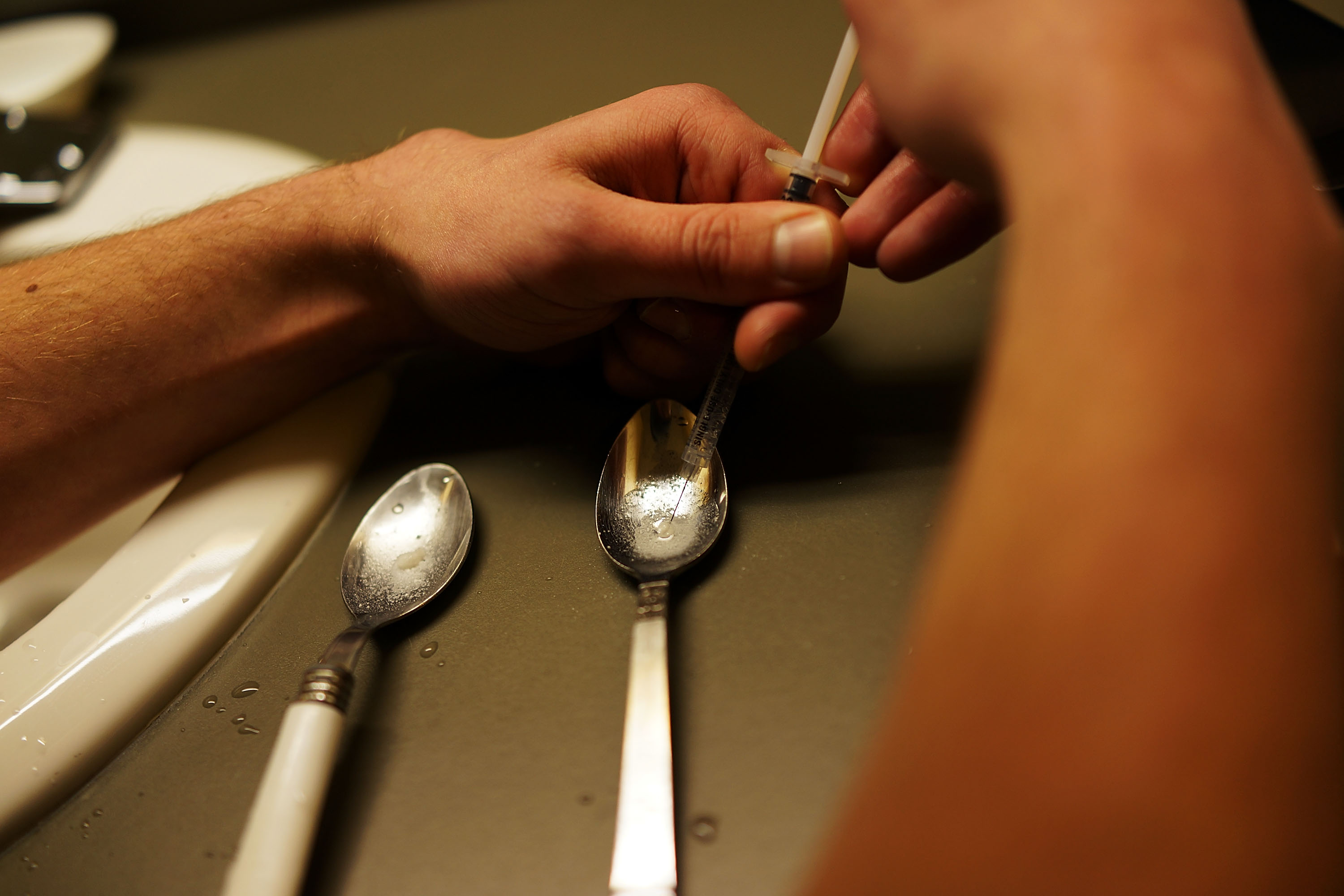Revisit Purdue Pharma’s Role in the Opioid Crisis

September 12, 2019
Share
In the latest chapter of a complex legal battle over who is responsible for the nation’s opioid crisis, Purdue Pharma, the manufacturer of OxyContin, has arrived at a possible settlement with more than 20 of the states suing it.
The tentative deal would involve a $3 billion payment from Purdue’s owners, the Sackler family, who would no longer run the company, as well as a bankruptcy filing — but it would not include an acknowledgement of wrongdoing, The New York Times reported.
Lawyers representing approximately 2,000 local governments and other entities in a broader federal case about the opioid crisis have also reportedly agreed to the tentative settlement. In combination with a predicted bankruptcy filing, that means Purdue would be exempt from the federal trial that’s expected to begin next month, according to the Associated Press.
Purdue Pharma has been accused of being a key player in fomenting America’s opioid crisis. FRONTLINE’s 2016 documentary Chasing Heroin investigated how that crisis came to be, examining allegations about Purdue Pharma’s role in the early years of what has been called the worst drug epidemic in U.S. history.
“There is no question that the marketing of OxyContin was the most aggressive marketing of a narcotic drug ever undertaken by a pharmaceutical producer,” Barry Meier, author of Pain Killer, told FRONTLINE in the documentary.
As Chasing Heroin recounted, the problem of under-treated pain in America opened the door for a push around opioids. Purdue Pharma seized the moment, and by 2001 was selling more than $1 billion worth of OxyContin a year. As part of its marketing for the drug, the company produced promotional videos aimed at encouraging doctors to treat pain more aggressively, convincing them that addiction to OxyContin would be an unlikely outcome for their patients.
“Purdue Pharma managed to persuade a lot of good people in medicine that they needed to dramatically up their prescriptions of opioids,” Keith Humphreys, a Stanford University professor, told FRONTLINE. “Now, part of the reason they were able to do that is that there was clear evidence there were some people in pain who didn’t need to be in pain, and we had underused them. There’s no doubt about that. But it’s also no doubt about it that they were commercially driven.”
Last year, Purdue Pharma said its sales representatives would no longer target doctors in promoting opioid drugs.
For more on the roots of the continuing heroin and opioid crisis, stream Chasing Heroin in full here or on the PBS Video App:

Related Documentaries
Latest Documentaries
Related Stories
Related Stories
Explore
Policies
Teacher Center
Funding for FRONTLINE is provided through the support of PBS viewers and by the Corporation for Public Broadcasting, with major support from Ford Foundation. Additional funding is provided the Abrams Foundation, Park Foundation, John D. and Catherine T. MacArthur Foundation, Heising-Simons Foundation, and the FRONTLINE Trust, with major support from Jon and Jo Ann Hagler on behalf of the Jon L. Hagler Foundation, and additional support from Koo and Patricia Yuen. FRONTLINE is a registered trademark of WGBH Educational Foundation. Web Site Copyright ©1995-2025 WGBH Educational Foundation. PBS is a 501(c)(3) not-for-profit organization.





















